Adding a serrated edge to a wing flap is nothing new, but this year in testing Mercedes and Ferrari both revived the trend. We explain why…
Engineering a Formula One car, especially in an era of rule stability, is all about finding marginal gains, and it would appear that that’s just what Mercedes and Ferrari were trying to do in testing as they assessed the merits of running serrated edges on their rear wings - a solution that, when used properly, can improve aero efficiency.
The Silver Arrows’ experiments with serrations began at the tail-end of last year. In Suzuka the team introduced serrations to their front wing flap (see picture below), while later they began testing the benefits of using a serrated pattern on the trailing edge of the rear wing main plane.
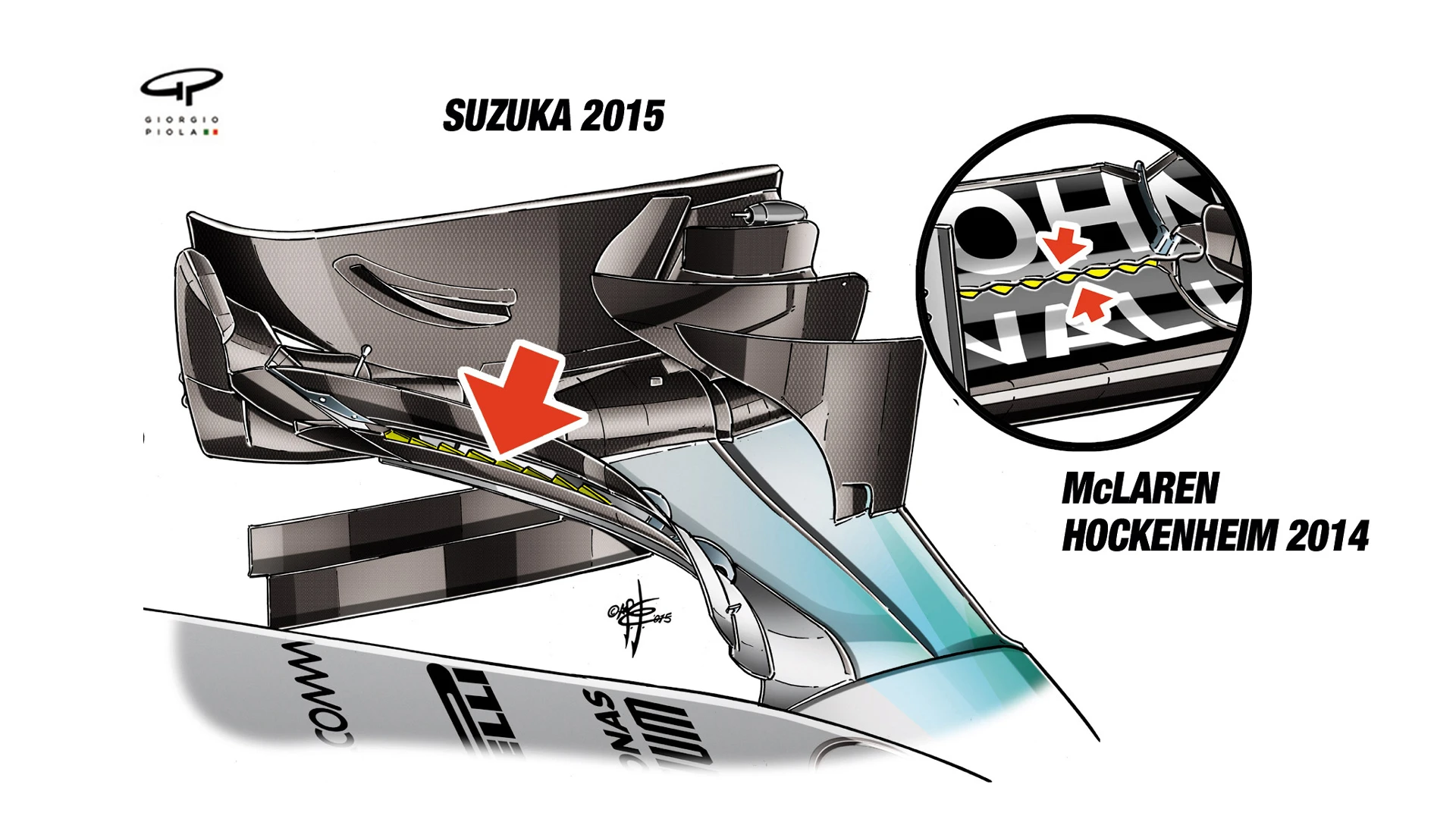
This idea was trialled again during pre-season testing in Barcelona, and on the last day of running a new rear wing main plane and top flap was introduced (see picture below), similar to that used by McLaren at Hockenheim in 2014 (inset, top picture).
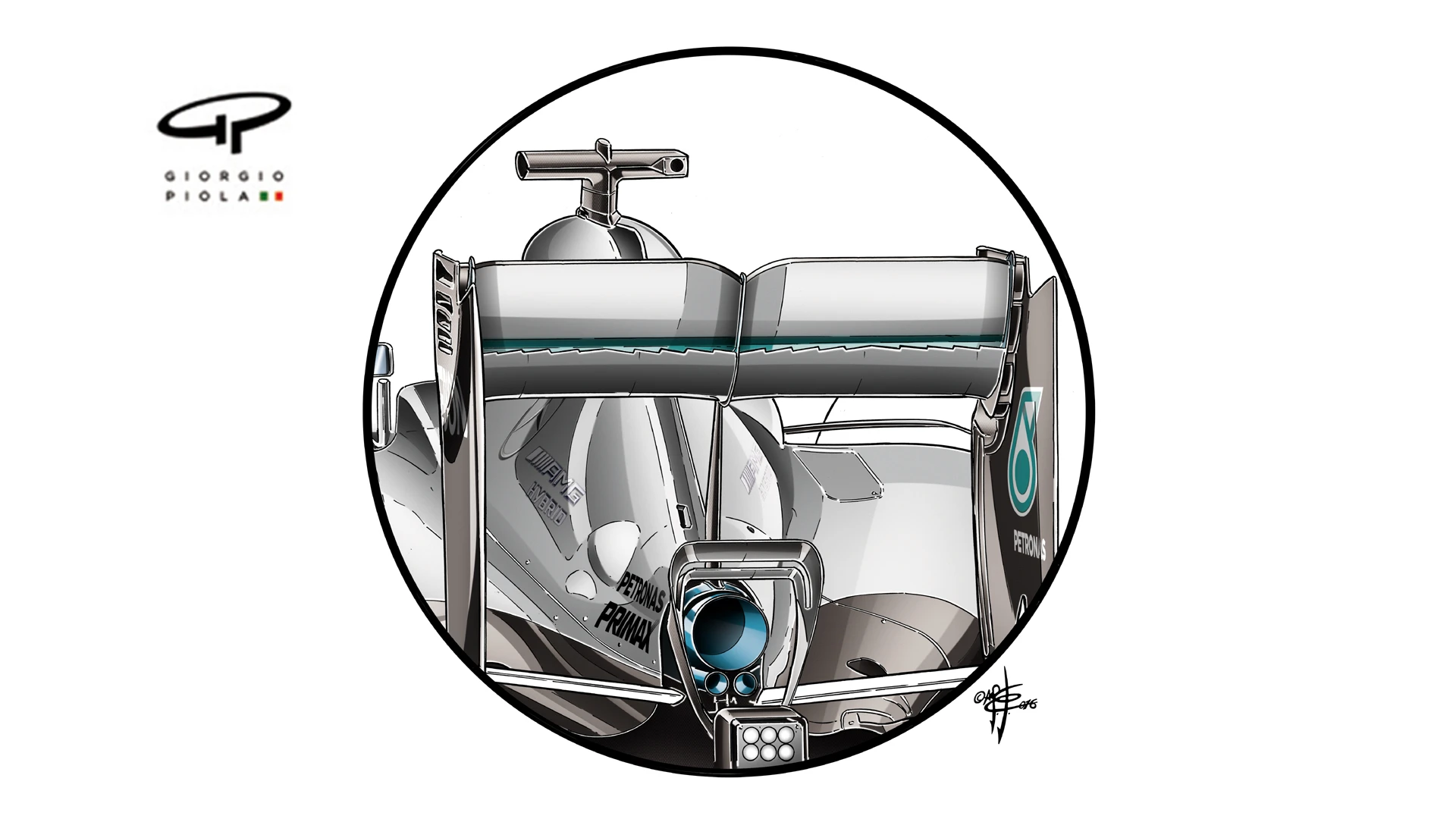
The thinking behind this design is to improve efficiency by reducing airflow separation and to allow airflow to reattach more easily once the DRS wing flap has reverted back to the standard position.
Ferrari’s experiments with serrations meanwhile, mirrored, what Williams ran at Monza in 2004 - a serrated Gurney flap on the trailing edge of the top flap (see below).
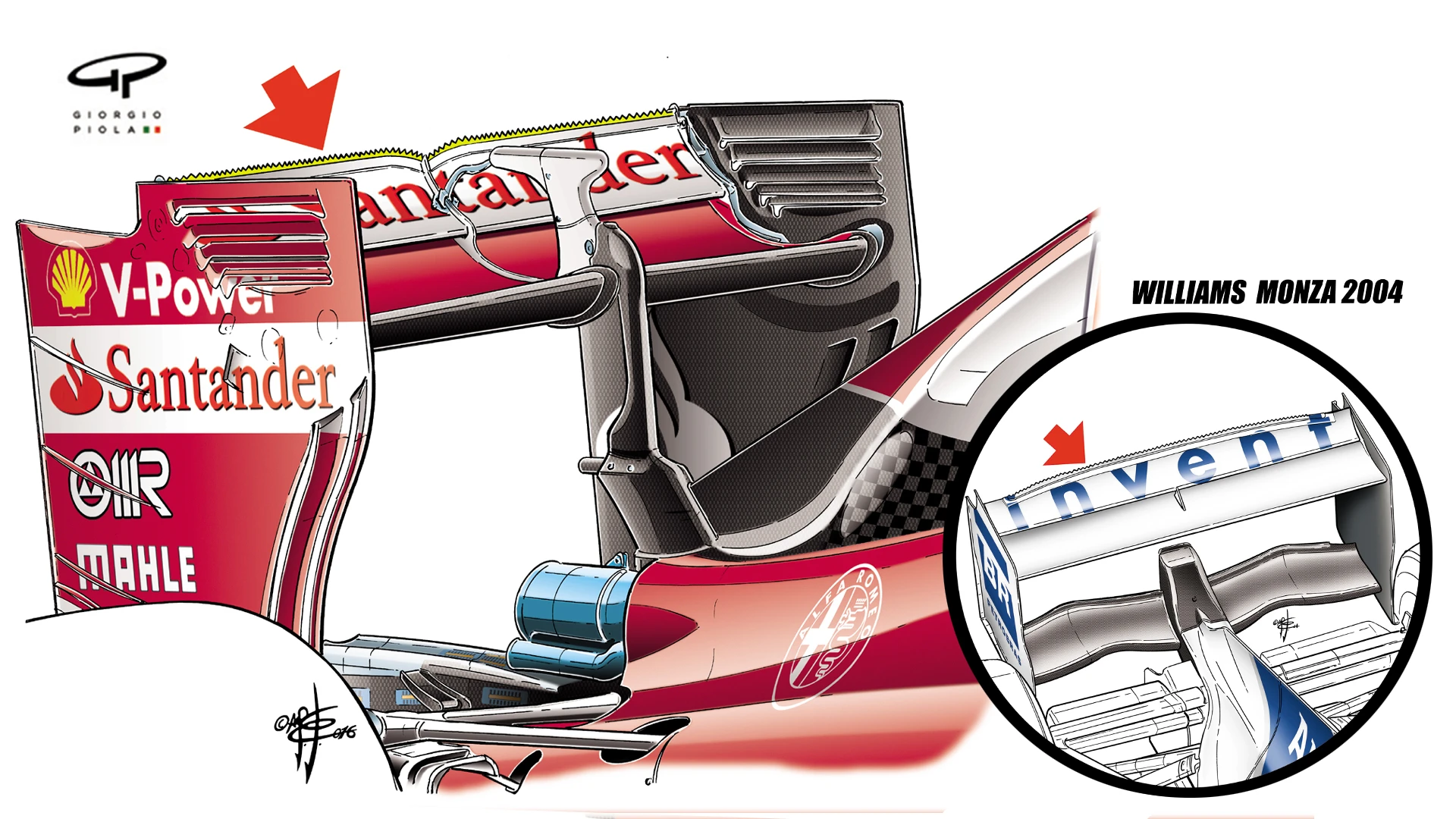
This solution helps to create mini vortexes which should reduce drag and increase efficiency, however the Scuderia only kept the design on the SF16-H for the first morning of the second test.
Will they use it at a race weekend in 2016? Watch this space…
Next Up
Related Articles
 Celebrating the first F1 Allwyn Global Community Awards
Celebrating the first F1 Allwyn Global Community Awards Getting to know the real Esteban Ocon
Getting to know the real Esteban Ocon 10 ways to get your Formula 1 fix during the winter break
10 ways to get your Formula 1 fix during the winter break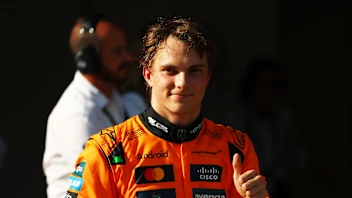 Piastri reveals lessons that will ‘only make me stronger’
Piastri reveals lessons that will ‘only make me stronger’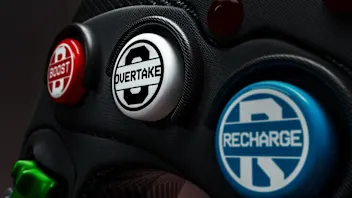 EXPLAINED: The key terms for F1’s new-for-2026 rules
EXPLAINED: The key terms for F1’s new-for-2026 rules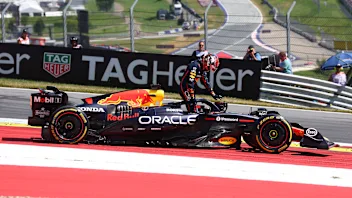 ‘I hated this car at times’ – Verstappen on his 2025 season
‘I hated this car at times’ – Verstappen on his 2025 season